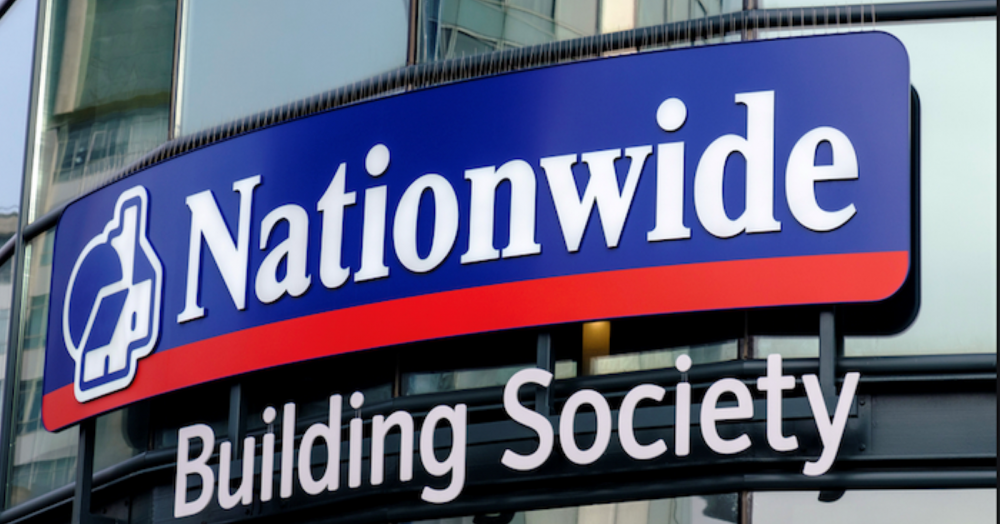House price growth has made a strong start to 2022 with demand continuing to outstrip supply, according to data and market analysis from Nationwide
The figures show that annual house price growth increased to 11.2% in January, from
10.4% in December - a month on month rise of 0.8% and the strongest start to the year since 2005. The average price of a home in the UK now stands at £255,556.
Robert Gardner, Nationwide's Chief Economist, comments: “Annual house price growth accelerated to 11.2% in January, the strongest pace since June last year, and the strongest start to the year for 17 years. Prices rose by 0.8% month-on-month, after taking account of seasonal effects, the sixth consecutive monthly increase.
“Housing demand has remained robust. Mortgage approvals for house purchases have continued to run slightly above pre-pandemic levels, despite the surge in activity in 2021 as a result of the stamp duty holiday, which encouraged buyers to bring forward their transactions to avoid additional tax.
“Indeed, the total number of property transactions in 2021 was the highest since 2007 and around 25% higher than in 2019, before the pandemic struck
“At the same time, the stock of homes on estate agents’ books has remained extremely low, which is contributing to the continued robust pace of house price growth.
Will the market cool in 2022?
“While the outlook remains uncertain, it is likely that the housing market will slow this year. House price growth has outstripped earnings growth by a wide margin since the pandemic struck and, as a result, housing affordability has become less favourable.
“For example, a 10% deposit on a typical first-time buyer home is now equivalent to 56% of total gross annual earnings, a record high. Similarly, a typical mortgage payment as a share of take-home pay is now above the long-run average, despite mortgage rates remaining close to all-time lows.
“Reduced affordability is likely to exert a dampening impact on market activity and house price growth, especially since household finances are also coming under pressure from sharp increases in the cost of living.
“Consumer price inflation reached 5.4% in December, its fastest pace since 1992. This is more than double the Bank of England’s 2% target and inflation is set to rise further in the coming months as the energy price cap is increased. This rapid rise in inflation has been an important factor denting consumer confidence in recent months, especially how people see their own personal financial situation evolving, although as yet, this has done little to dent housing market activity
“High inflation and growing confidence that the Omicron variant will not derail the wider economic recovery has led to increased expectations that policymakers will increase interest rates further in the months ahead. This will further reduce housing affordability if it feeds through to higher mortgage rates, although to date a significant proportion of the rise in longer-term interest rates seen in recent months has been absorbed by lenders

